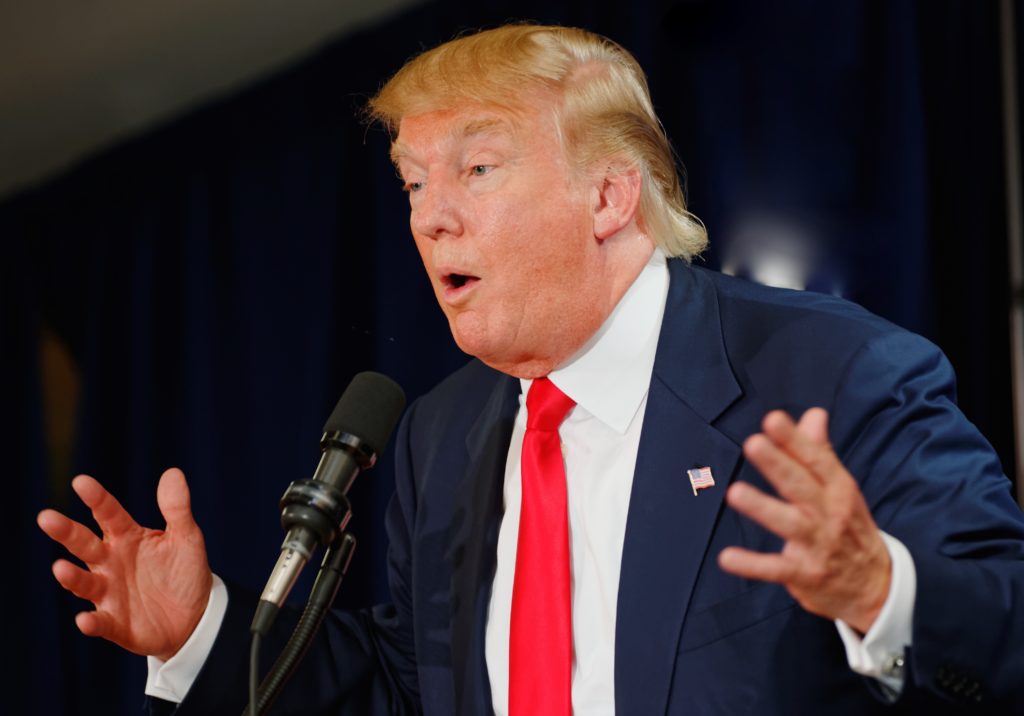Republican-controlled House committee votes to take away Donald Trump’s war powers

For the past decade and a half, United States Presidents have had essentially blanket power to wage war in any nation where a terrorist threat is believed to exist. Congress has had the authorization in place since shortly after 9/11, and it’s been used by Presidents of both parties to wage war at will, without needing approval from Congress each time. Today a Republican-controlled House committee has voted to strip that power from Donald Trump.
The House Appropriations Committee has voted in bipartisan fashion to revoke the Authorization for Use of Military Force Against Terrorists (AUMF) statute, which went into effect on September 14th of 2001. The move is clearly aimed at preventing Donald Trump from being able to arbitrarily wage war as he sees fit. This comes after his failed military action in Yemen, his nonsensical bombing in Syria, his pointless “mother of all bombs” incident, and other actions which suggest he’s not capable of making rational decisions with regard to the use of military force.
Politico reporter Jennifer Scholtes has said that there was a “room full of wows” when the committee vote came in link). This move means that the Republican Party in Congress is trying to significantly downsize the power of the presidency, out of fear of Donald Trump’s unstable nature.
Although this measure has made it out of committee, it’ll still require a larger vote before becoming official. But it sends a signal that couldn’t be more clear: the GOP now fears Trump’s declining psychological state as much as the rest of us do.
